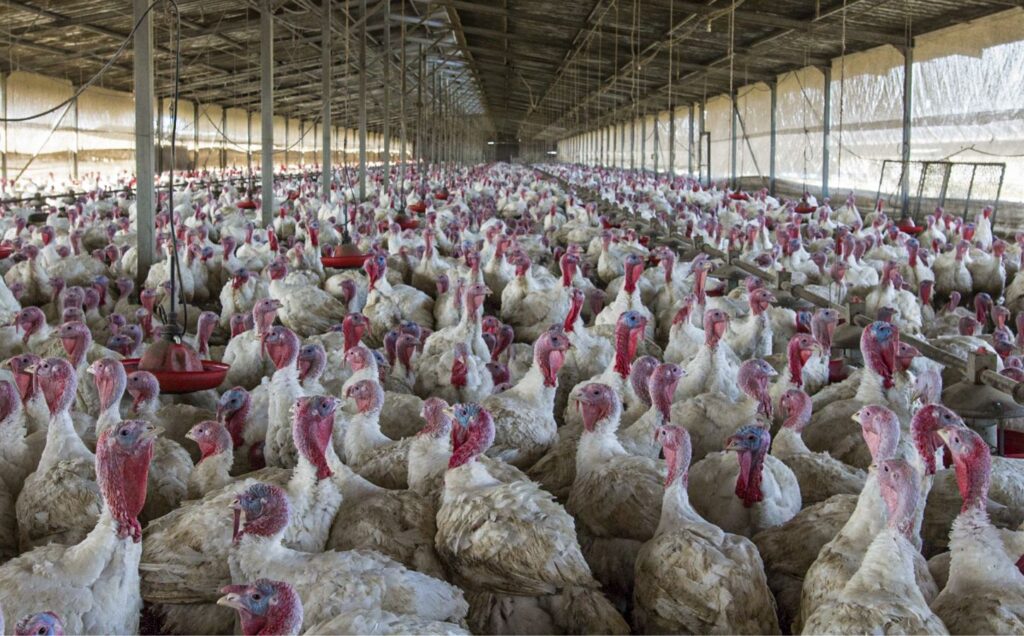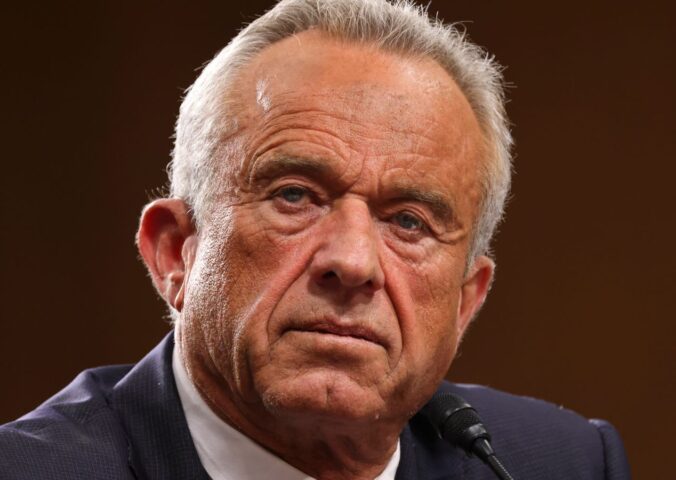The UK is currently experiencing what may be the worst outbreak of avian flu of all time.
Around three million farmed poultry have been “culled” already, and the disease is also spreading among wild birds. The illness is so widespread that it persisted throughout the summer months, a time when it has always previously died down.
But rather than focusing on the tragedy of these deaths, and on what this outbreak could mean for the future of human health, the media seems fixated on the impact it could have on Christmas.
“Christmas turkeys could be at risk after worst bird flu outbreak in UK history,” reads one headline. “Bird flu will hit Christmas turkey trade,” warns another.
Around 10 million turkeys are killed each year for Christmas alone in the UK. And farmers have been stressing how the outbreak could affect their festive market.
“If bird flu, for example, gets into turkeys that could cause holy carnage; that could cause real supply chain issues in the run-up to Christmas time,” James Mottershead, chairman of the NFU Poultry Board, told Sky News. “The realities of it are quite severe.”
There’s no doubt that the realities of the outbreak are severe. But when you consider mass culls, animal welfare issues, and the risk of another pandemic, Christmas dinner seems like it should be quite low down on the list.
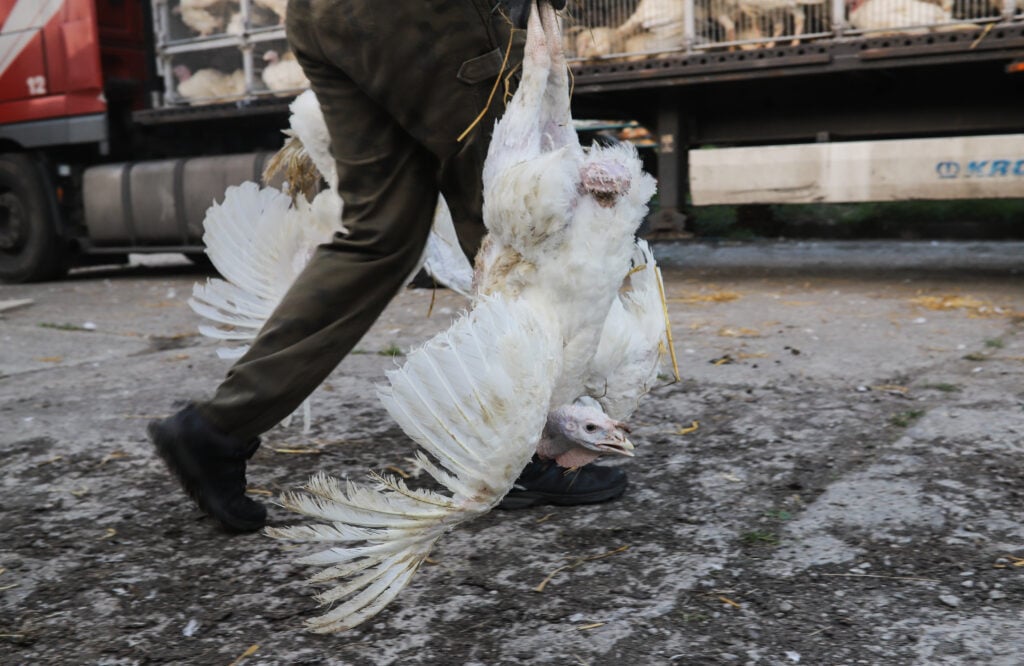
Bird flu’s impact on animal welfare
The current outbreak of avian flu is having tragic consequences for birds across the world.
As well as the UK, the United States, Canada, Bulgaria, Germany, Hungary, Japan, South Korea, Poland, Mexico, and the Netherlands are all seeing similar outbreaks. As a result, a huge number of birds have been culled. Around 48 million have lost their lives in the EU and UK in the last year. Millions more have also been killed in the US.
Many of these birds, who already live a life of misery in factory farms, are killed in horrific ways. Investigators have previously said that so-called “humane” methods of killing birds are often overlooked during bird flu outbreaks, replaced with those that can kill a large amount of animals at once.
In June of this year, it was reported that around 73 percent of the 38 million birds killed in the US were done so via the “most inhumane way available.” This is the ventilation shutdown method, which sees farms close off the air supply to the barns and pump in heat to above 40C temperatures.
Workers have described ventilation shutdown as like “roasting animals alive.” This method is “permitted in constrained circumstances” for “depopulation” by the American Veterinary Medical Association (AVMA). A recent study by the University of North Carolina found that it can take birds 1.5 hours to die.
Ventilation shutdown is a cheaper and easier option than some of the alternatives, meaning many farms opt for it despite the cruelty. In April of this year, 5.3 million birds were killed with the method in one egg factory farm in Iowa, after just one bird caught the disease.
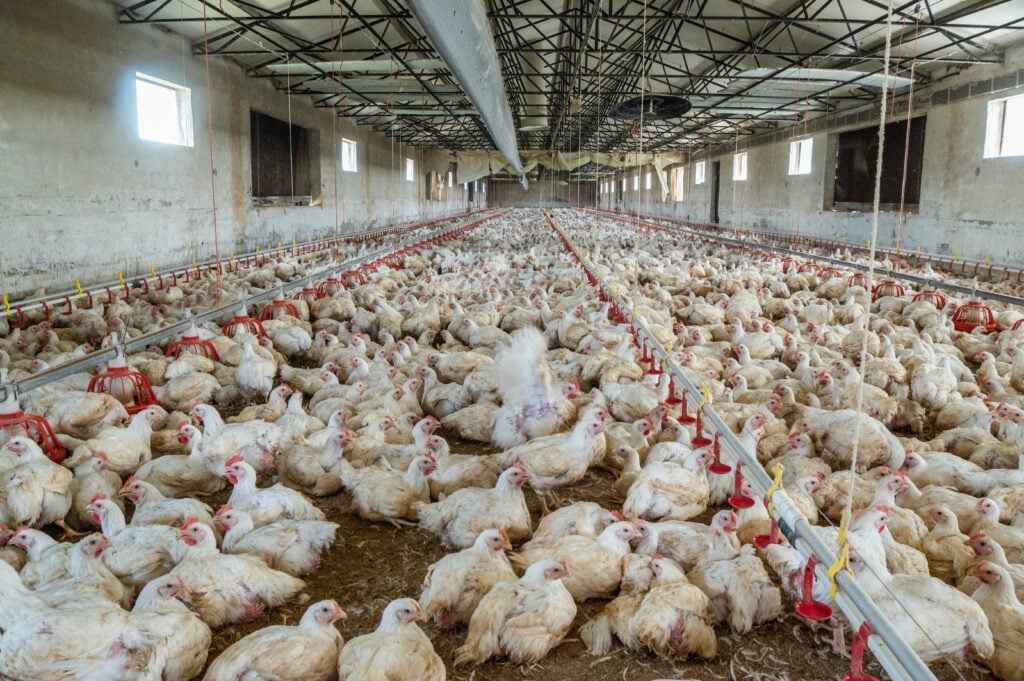
How are birds culled in the UK?
The UK government website states that birds are culled in a “humane” way, but it does not elaborate on what this method is. According to the Humane Society, ventilation shutdown is legal in the UK. A spokesperson told Plant Based News (PBN) that, while it hasn’t knowingly been used during the current outbreak, there are fears it could be incorporated if the situation continues.
“Appallingly, it’s legal in the UK for entire sheds of infected birds to be killed through ventilation shutdown, meaning they endure horrific and terrifying conditions for hours, before finally succumbing to suffocation and overheating,” Claire Bass, executive director of Humane Society International/UK, told PBN.
“It’s unimaginable that we would treat a sick dog or cat in this way, and it’s every bit as unacceptable to do this to chickens.”
Another method used to kill birds is foam. This foam is similar to that used in fire extinguishers. Workers will blanket the birds in it until they choke to death. In the US, this is deemed an “efficient” way to kill factory farmed birds during avian flu outbreaks.
Gassing is another means by which birds are culled. In some cases, carbon dioxide will be pumped into sheds, therefore cutting off their air supply and suffocating them to death.
Should we be scared of bird flu?
Animal welfare aside, there’s another significant reason we should all be concerned about the bird flu outbreak.
Bird flu presents a pandemic risk. And, as the world is still dealing with the fallout of Covid-19, it’s surprising that avian flu doesn’t cause more alarm among the general public.
This may be because the virus doesn’t easily spread to us. This means that instances of human illness and death from the disease are extremely rare.
But this could change. Scientists have long been warning that bird flu is a “significant pandemic threat,” due to the fact that the virus could mutate.
In the current outbreak, there have been some instances of human illness. But these are thought to have arisen in people who had direct contact with birds. Danger could arise, experts say, if the virus mutates to allow for human-to-human transmission.
“Influenza A viruses circulating among poultry have the potential to recombine with human influenza A viruses and become more transmissible among humans,” said a Centers for Disease Control and Prevention report earlier this year.
“If HPAI Asian H5N1 viruses gain the ability for efficient and sustained transmission among humans, an influenza pandemic could result, with potentially high rates of illness and death worldwide,” it read.
It concluded that “therefore, the HPAI H5N1 epizootic continues to pose an important public health threat.”
What can be done about bird flu?
Despite the fact that birds across the globe are regularly roasted, gassed, and suffocated alive, and that the illness presents a significant pandemic risk, governments are repeatedly refusing to act.
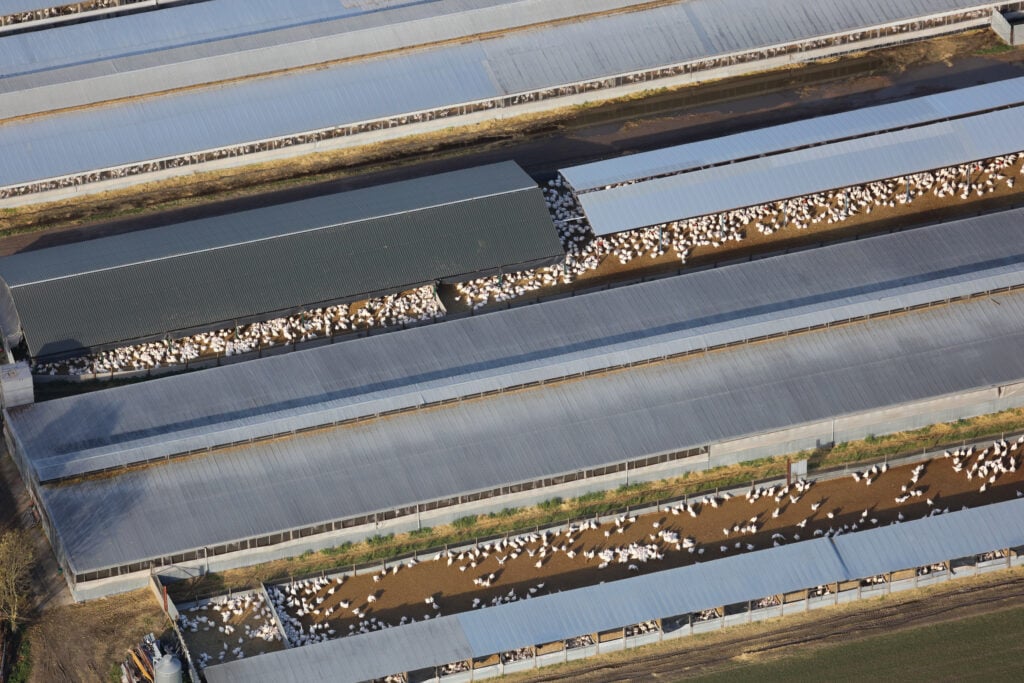
On the contrary, the UK is currently seeing an increase in the number of intensive farms. Some of these hold more than a million chickens at a time. It’s thought that there are now more than 1,099 livestock factory farms in the country, and this number is growing.
“Keeping and transporting hundreds of millions of animals in overcrowded and unsanitary conditions is perfect for viruses to mutate and spread, meaning Avian flu is a ticking time bomb and could easily be the cause of the next global pandemic in humans,” Bass told PBN. “People can help to protect animal welfare and human health by opting for plant-powered diets.”
Lawmakers repeatedly resist calls to accept, let alone address, the huge costs of animal agriculture, whether they be ethical, environmental, or health. The only viable way we can significantly reduce the threat of bird flu – and any other animal-born illnesses that could, and probably will, arise – is to stop farming them altogether.
